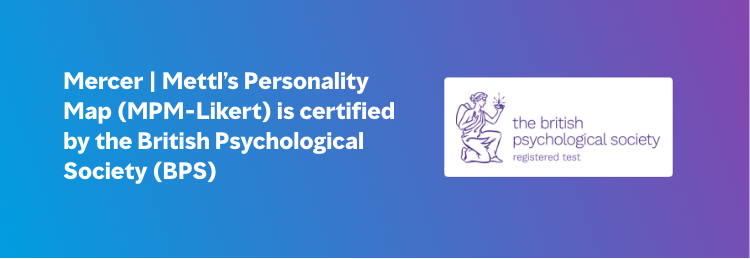We have established that psychometric testing pertains to using specific tests or profiles, even combining these two, for a holistic understanding of a candidate’s suitability for the job.
For example, if you are looking for sales representatives, you would want omeone who is people-oriented, can deal with sales queries, know how to make a sales pitch, and resolve customer complaints. Additionally, they must also have good interpersonal, communication and numerical reasoning skills, decisiveness, agile thinking, a good sense of judgment, etc.
Assessing candidates on all these parameters is cumbersome, and it needs screening of candidates to save time and effort. Psychometric profile assessments are designed to ease the hiring process and help the organization make directional efforts – why most organizations are finding psychometric profiling necessary to find the right talent pool for their businesses.
Psychometric profiling and assessments are used for the following:
- Profiling individuals and teams to develop self-awareness, understanding and team communication.
- Facilitating career guidance, such as individual interests and values inventories.
- Providing necessary insights be used while training to help people understand their strengths and the needs to facilitate personal learning and growth.
- Assessing the employees’ or candidates’ suitability for promotions or assignments.
- Shortlisting, selecting and hiring, and other assessment methods to explore the match between the candidate and the role.
- Succession planning to assess and develop future talent and leadership potential.
- Identifying training and development needs.
- Role-based profiling and screening, which improves the quality of talent matching.
- Monitoring of employee skills and abilities to take early action if required.
Psychometric profile assessment is considered the new mode of evaluating each potential candidate’s cognitive behavior and abilities that align with your organization’s vision, goals, requirements, values and work culture.
Such test results are a real-time reflection of how a person would work toward the company’s goals. Would an individual be an asset or liability once hired? Psychometric profiling answers this pertinent question.
Read Mercer | Mettl’s Psychometric Guide to know more.









 Behavioral Competencies
Behavioral Competencies Cognitive Competencies
Cognitive Competencies Coding Competencies
Coding Competencies Domain Competencies
Domain Competencies































Would you like to comment?